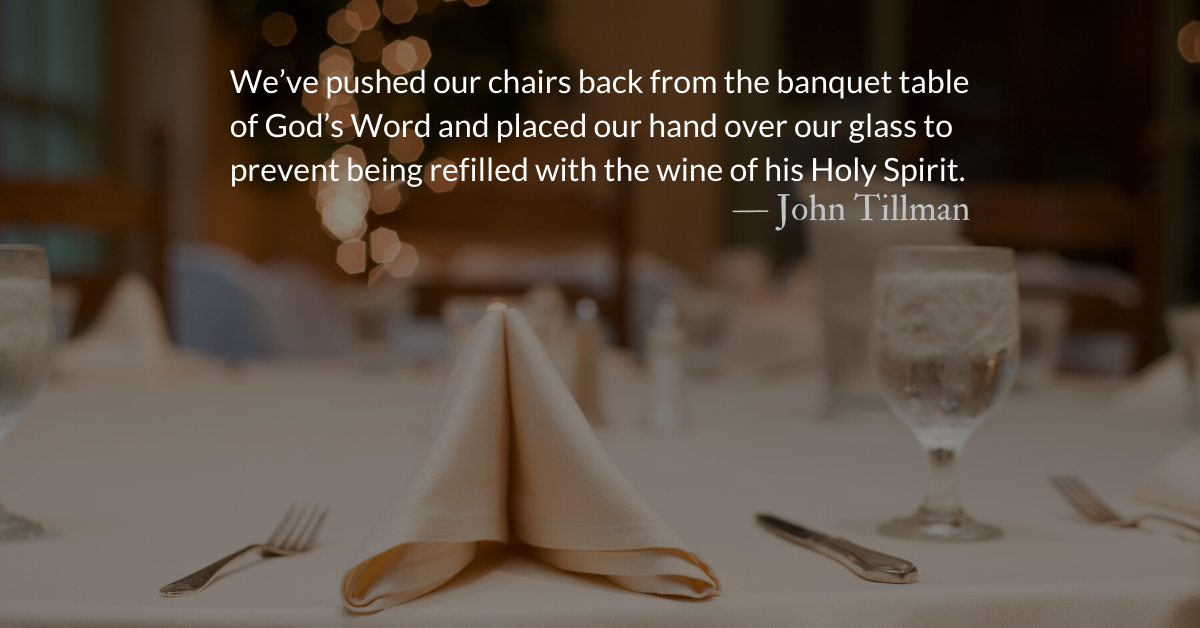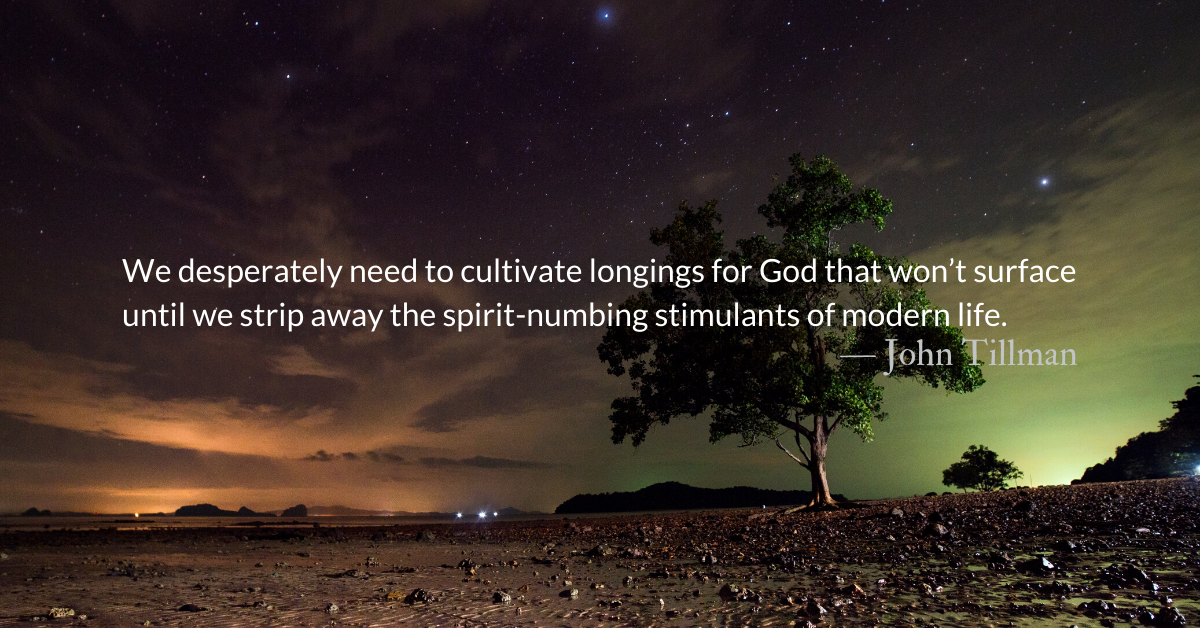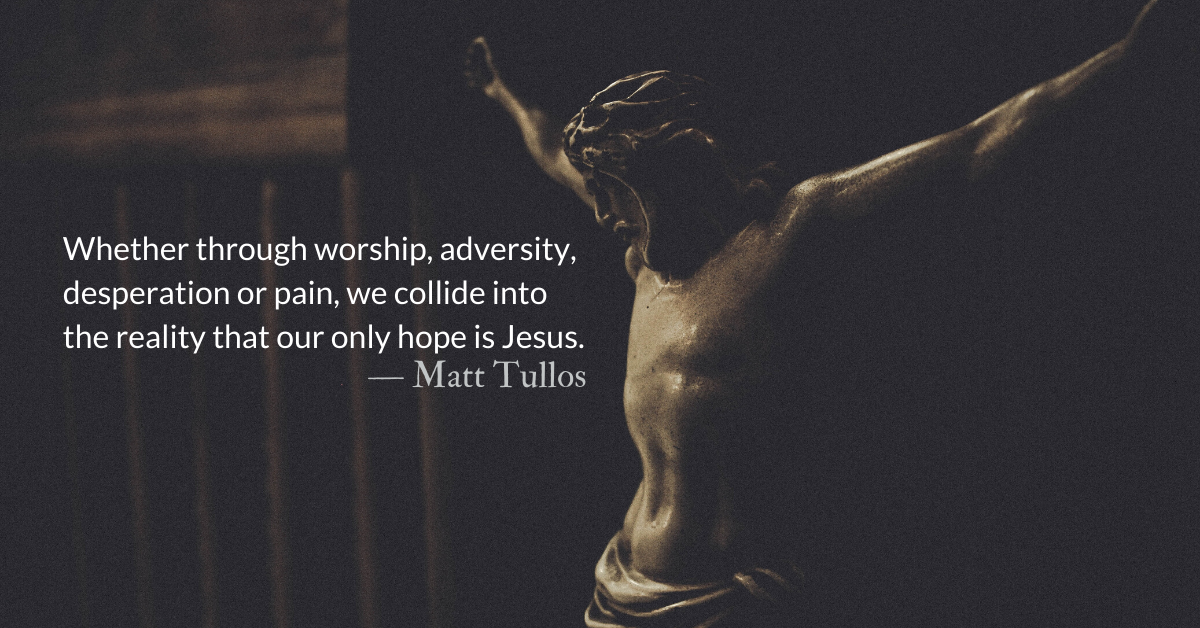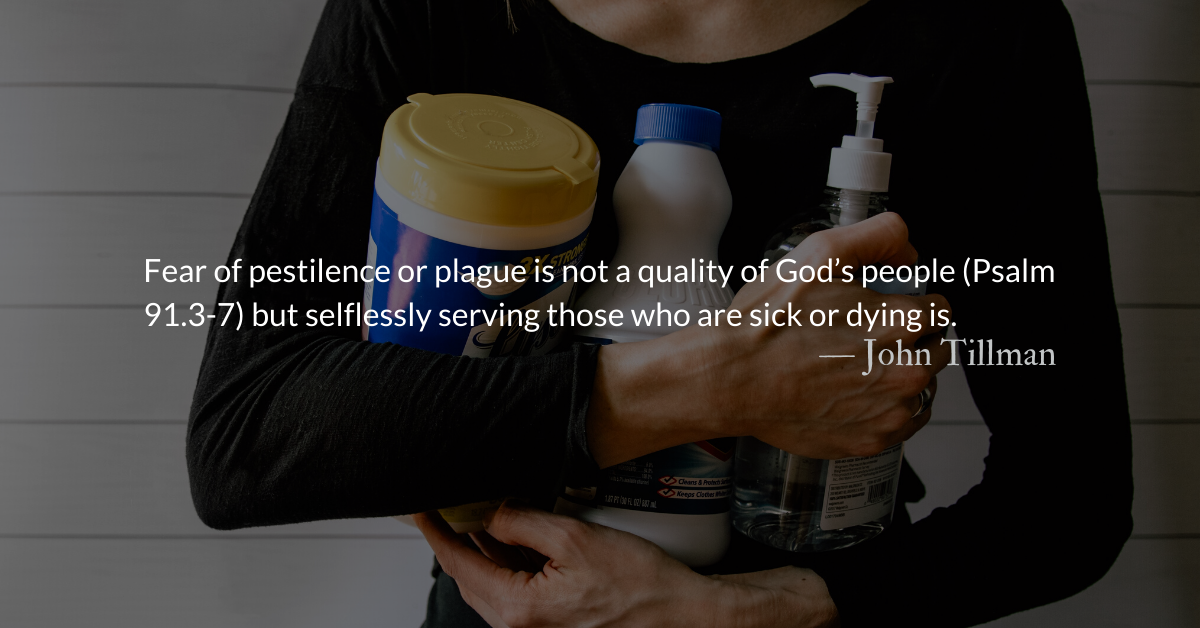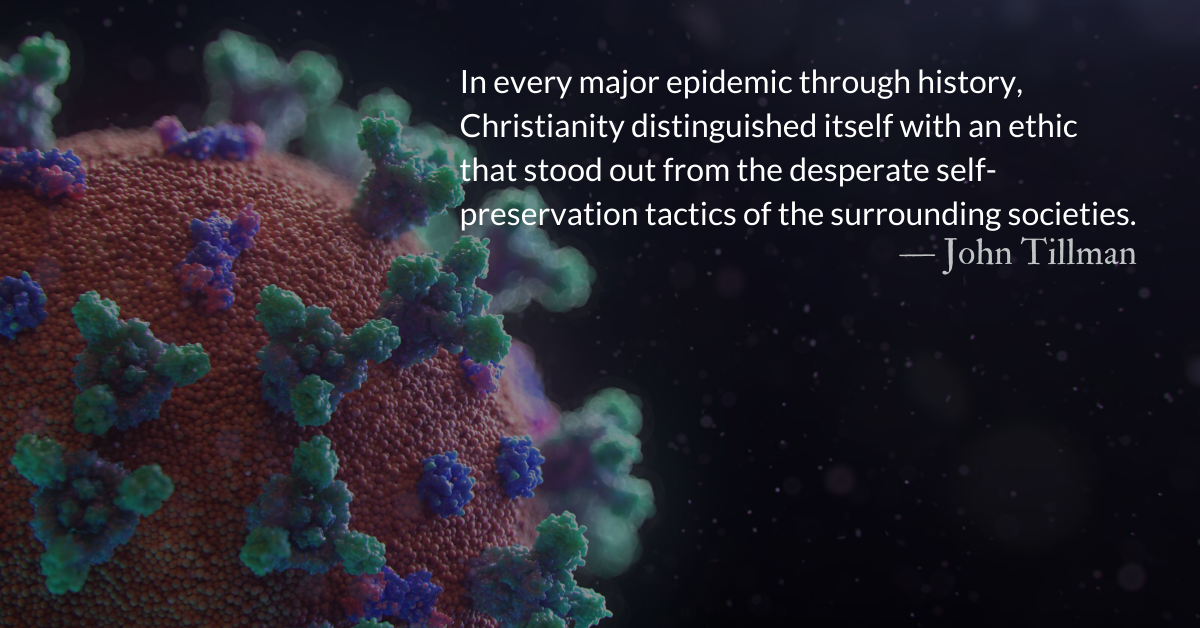Scripture Focus: Ephesians 3.10-12
His intent was that now, through the church, the manifold wisdom of God should be made known to the rulers and authorities in the heavenly realms, according to his eternal purpose that he accomplished in Christ Jesus our Lord. In him and through faith in him we may approach God with freedom and confidence.
Scripture: Luke 14.17-18
At the time of the banquet he sent his servant to tell those who had been invited, “Come, for everything is now ready.” But they all alike began to make excuses.
*As we enter the unintended fast of social distancing and canceling of many events and pastimes, may we make more time for drawing close to God in prayer and God’s Word.
Reflection: Fasting from the Feast
By John Tillman
We already know how to fast. We have simply been fasting from the wrong things.
Our culture has steadily, for decades, been encouraging us to abstain from spiritual disciplines in favor of activities that we are led to believe are more profitable.
Our culture tells us that rather than read scripture in the mornings, we must pound through more emails. Productivity trumps biblical literacy.
We are told rather than praying at noon, we should skip lunch to work at our desk or take lunch with a valuable business contact. Productivity and self-promotion trumps prayerfulness and relational spirituality.
Rather than living simply and giving extravagantly, we reverse the equation, making our giving a simple percentage that satisfies a legalistic requirement or gains a tax benefit. Moral satisfaction trumps active compassion.
Rather than draw away from the world to worship in community with other believers, we draw away from others to worship with our headphones in—shutting the world out via podcast or streaming music and worship services.
When we have had just enough of God to make us feel more emotionally healthy and morally superior, we wish to move on to productivity, profit, and success. (All with the implied blessing of God of course.)
“Many of us, when Christ has enabled us to overcome one or two sins that were an obvious nuisance, are inclined to feel (though we do not put it into words) that we are now good enough. He has done all we wanted him to do, and we should be obliged if he would now leave us alone.” — C.S. Lewis
We’ve pushed our chairs back from the banquet table of God’s Word and placed our hand over our glass to prevent being refilled with the wine of his Holy Spirit.
God invites us to the feast of the kingdom. But many are fasting from God’s feast in order to binge on the benefits we can wring from the world.
May we return to the table and to the fellowship of believers with gusto, pushing aside distractions and false supplements that aren’t real spiritual food. As the voice of Christ cries through the prophet, Isaiah, “Why spend money on what is not bread?”
Spiritual disciplines of daily Bible reading, prayer, and meditation are not the spices and subtle flavorings of life—they are the main course. Everything else is sprinkles of garnish.
Divine Hours Prayer: The Request for Presence
Be my strong rock, a castle to keep me safe, for you are my crag and my stronghold; for the sake of your Name, lead me and guide me. — Psalm 31.3
– Divine Hours prayers from The Divine Hours: Prayers for Springtime by Phyllis Tickle.
Today’s Readings
Proverbs 10 (Listen – 3:34)
Ephesians 3 (Listen – 2:41)
Read more about Fasting is for All
May we fill our unexpected margin not merely with more streaming entertainment, but with a more serious approach and commitment to prayer.
Read more about Fasting as Freedom
Fasting is cutting off the weights our broken world hangs on our balloon so that we remember to rise, filled with the Holy Spirit.

